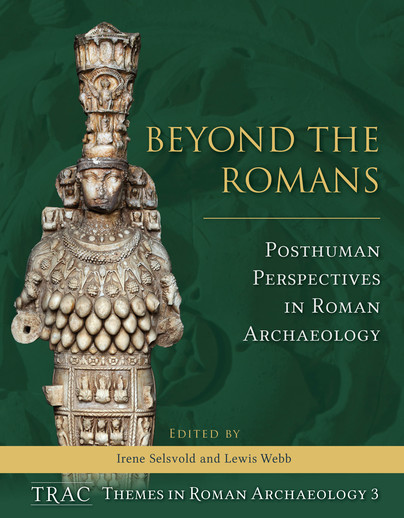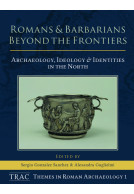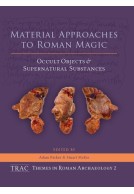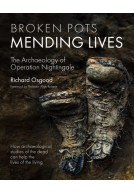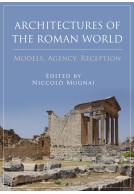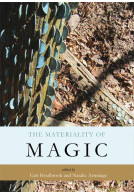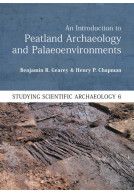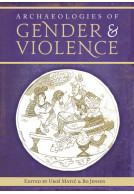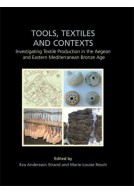Beyond the Romans (Hardback)
Posthuman Perspectives in Roman archaeology
Imprint: Oxbow Books
Series: TRAC Themes in Archaeology
Pages: 176
Illustrations: b/w
ISBN: 9781789251364
Published: 31st March 2020
Script Academic & Professional
Series: TRAC Themes in Archaeology
Pages: 176
Illustrations: b/w
ISBN: 9781789251364
Published: 31st March 2020
Script Academic & Professional
You'll be £15.00 closer to your next £10.00 credit when you purchase Beyond the Romans. What's this?
+£4.99 UK Delivery or free UK delivery if order is over £40
(click here for international delivery rates)
Order within the next 1 hour, 47 minutes to get your order processed the next working day!
Need a currency converter? Check XE.com for live rates
(click here for international delivery rates)
Order within the next 1 hour, 47 minutes to get your order processed the next working day!
Need a currency converter? Check XE.com for live rates
This third volume in the TRAC Themes in Roman Archaeology series offers a new encounter between posthumanism and Roman archaeology. Posthuman theoretical perspectives have had substantial impacts in various fields, including archaeology, critical studies, and feminist studies, but only recently have emerged in the study of the ancient world.
Posthumanism is an umbrella term for a multiplicity of theoretical perspectives that critique humanism, de-centre the human subject, reconsider the boundaries and relations among humans and the natural world, and frame the human condition as non-fixed and variable. Such perspectives also consider the agency of non-humans, their entanglements, interactions, and relations with humans, as well as the ethical implications thereof.
The Romans were entangled with other beings and the world around them: they were relational beings, as we are today. With this volume, the editors aim to explore the potential and utility of posthuman theoretical perspectives for Roman archaeology.
The contributors to this volume consider a diverse array of themes including posthuman performances of emperors, the agency and relationality of epigraphic funerary markers, the ritual function and agency of votive figurines, the materiality of divine agency in the city of Rome, hybrid chicken-human coins, plant agency, the agency and nature of water in Roman urban infrastructure, and the Anthropocene. Collectively, the contributions demonstrate the numerous possibilities posthumanism offers Roman archaeology and reveal the posthuman nature of the Roman world.
Ultimately, the volume stresses that humans and non-humans are entangled and imbricated in larger systems: we are all posthuman.
Other titles in the series...
Other titles in Oxbow Books...







